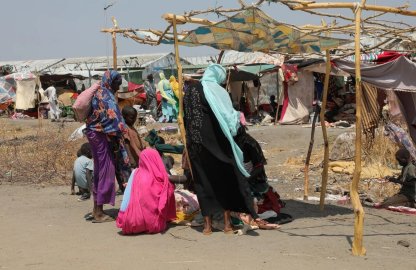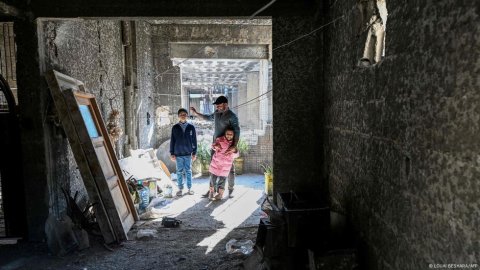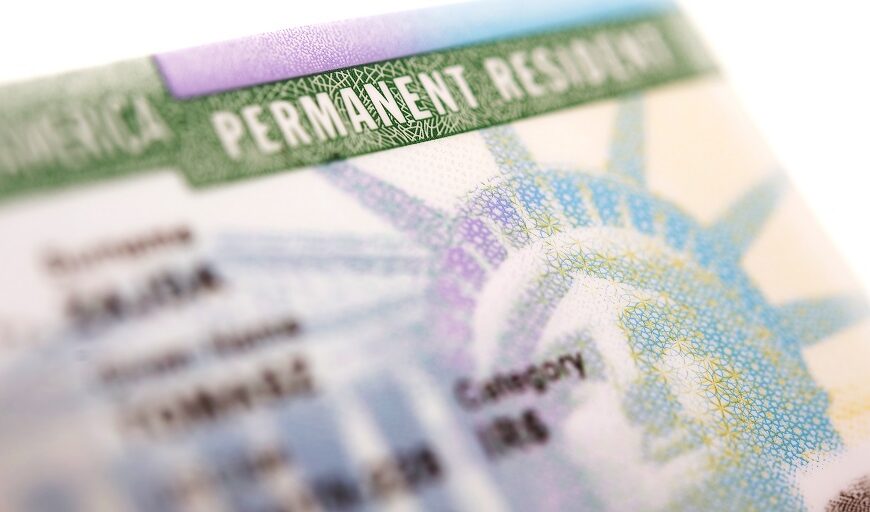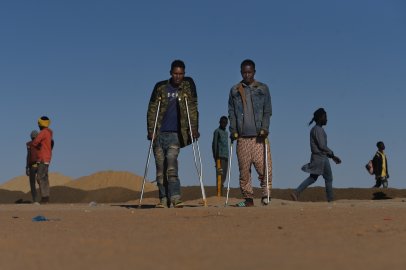Understanding Sudan’s Displacement Crisis
Sudan is currently facing an unprecedented humanitarian crisis, with displacement levels that the United Nations High Commissioner for Refugees (UNHCR) has declared to be the worst in the world. This alarming situation is a result of ongoing conflicts, economic instability, and severe human rights violations that have forced millions of people to flee their homes in search of safety and security.
The Current Situation in Sudan
The ongoing conflict in Sudan, particularly in regions like Darfur and South Kordofan, has resulted in a staggering number of internally displaced persons (IDPs). The UNHCR reports that millions are now living in precarious conditions, lacking basic necessities such as food, clean water, and healthcare.
Key factors contributing to the crisis include:
Statistics That Tell a Story
According to the latest reports, the numbers surrounding the displacement crisis in Sudan are staggering:
– Over 3 million people have been forcibly displaced within Sudan.
– An additional 1.5 million Sudanese are seeking refuge in neighboring countries.
– The number of refugees and IDPs continues to rise as violence persists.
These statistics highlight the urgent need for international attention and intervention to address the humanitarian needs of those affected.
The Humanitarian Response
In response to the crisis, numerous humanitarian organizations, including the UNHCR, are working tirelessly to provide assistance to those in need. Their efforts focus on delivering essential services, including:
Humanitarian aid efforts include:
Despite these efforts, the scale of the crisis often overwhelms the available resources, making it imperative for the international community to step up its support.
The Role of International Community
The international response to Sudan’s displacement crisis has been mixed. While some countries and organizations have provided crucial funding and support, there is a pressing need for a more coordinated and comprehensive approach.
Key areas where international support is needed include:
The UNHCR has called upon nations to prioritize the needs of those affected by the crisis and to work together to find sustainable solutions.
The Impact on Women and Children
The displacement crisis in Sudan has had a particularly devastating impact on women and children. Often, they are the most vulnerable members of society, facing increased risks of violence, exploitation, and abuse in conflict zones.
Specific challenges faced by women and children include:
Addressing these challenges is vital for ensuring the protection and well-being of future generations. Humanitarian organizations are working to implement programs that specifically focus on empowering women and safeguarding children in these tumultuous times.
The Path Forward: Solutions and Hope
While the situation in Sudan appears dire, there is hope for positive change. A multifaceted approach that includes humanitarian aid, political engagement, and community empowerment is essential for addressing the root causes of displacement.
Potential solutions may include:
The international community must remain engaged and committed to supporting Sudan as it navigates this challenging landscape. By working together, we can help pave the way for a brighter and more stable future for all Sudanese people.
Conclusion
Sudan’s displacement crisis, as declared by the UNHCR, is indeed the world’s worst humanitarian situation today. With millions facing unimaginable hardships, it is crucial for us to recognize the urgency of this crisis. By raising awareness, providing support, and advocating for humanitarian assistance, we can help make a difference in the lives of those affected.
As the situation evolves, we must remain vigilant and committed to supporting initiatives aimed at alleviating the suffering of millions. The resilience of the Sudanese people serves as a reminder that, even in the darkest of times, there is hope for recovery and renewal. It is imperative that we act decisively to support those who have been displaced and to strive for a peaceful and prosperous future for Sudan.






